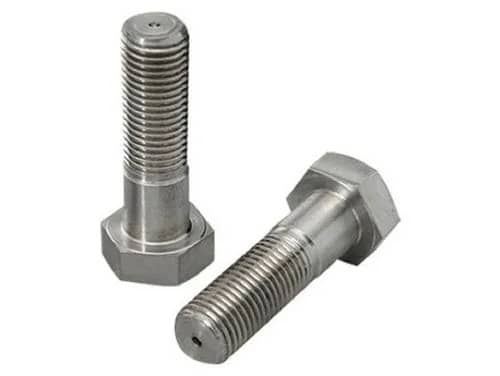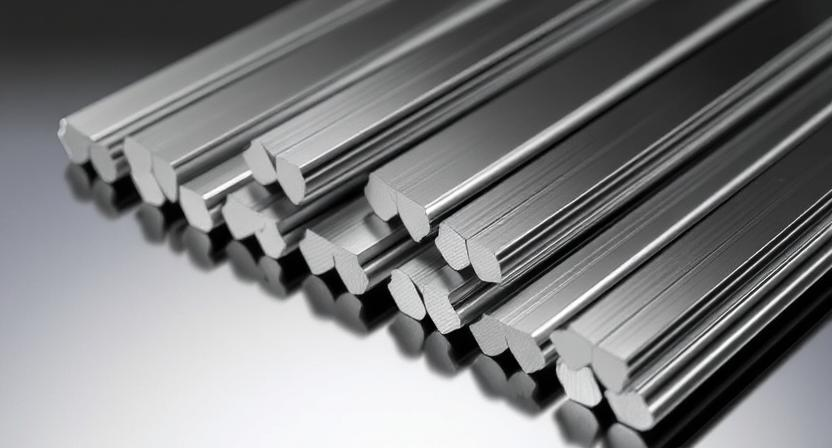Stainless Steel 202 Bolts
Stainless Steel 202 is an austenitic alloy that is used primarily for making fasteners like bolts, nuts, screws, washers, and more. It is a type of stainless steel that contains a combination of elements like chromium, nickel, and manganese, offering an excellent balance of strength, toughness, and corrosion resistance. Stainless Steel 202 bolts are known for their resistance to oxidation, making them suitable for use in environments where exposure to moisture, chemicals, or other corrosive agents is common. One of the most significant benefits of Stainless Steel 202 is its resistance to rust and corrosion. In environments exposed to moisture, chemicals, and varying temperatures, the material maintains its integrity over time. This makes Stainless Steel 202 bolts ideal for outdoor applications, marine environments, and industries such as food processing and pharmaceuticals, where cleanliness and hygiene are paramount.

At Ferrobend Company, we pride ourselves on producing top-quality Stainless Steel 202 bolts and fasteners. Our advanced manufacturing process and state-of-the-art equipment ensure that we meet the highest standards of performance, durability, and precision. The foundation of any high-quality fastener lies in the material itself. We source only the finest raw materials for Stainless Steel 202, ensuring that the alloy's composition meets strict specifications. Our team performs rigorous quality control checks on every batch of raw material to ensure consistency and reliability throughout the production process.
Once the raw material is sourced and inspected, the next step involves cutting it into the required shape. Ferrobend uses precision machinery to cut the stainless steel into bars or wire, depending on the type of fastener being manufactured. The bars are then subjected to a shaping process, which involves rolling and forging to create the desired bolt or fastener profile.
Heat treatment is a critical process in ensuring that the Stainless Steel 202 bolts and fasteners achieve the desired mechanical properties. The fasteners are heated to high temperatures in a controlled furnace, which increases their hardness and strength. The heat treatment process also improves the material’s resistance to corrosion and ensures optimal performance under high stress and load conditions.
